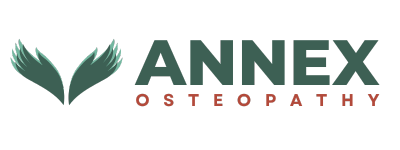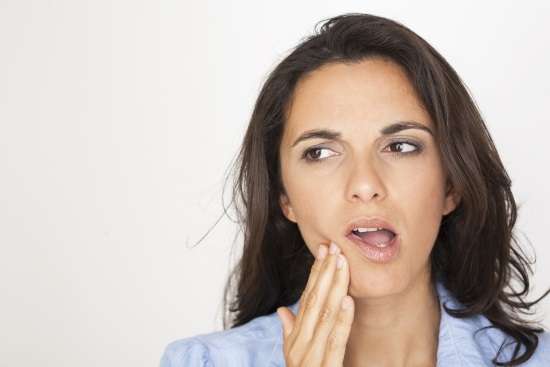Osteopathy for TMJ Jaw Pain
Suffering from the Jaw (TMJ) and Face pain?
Frequent headaches, difficulty with chewing, painful jaw clicking tender jaw muscles or ringing in the ears or loss of balance can be a sign of TMJ dysfunction.
Temporomandibular joint dysfunction is a broad term referring to problems with the jaws and their functioning, commonly referred to as “TMJ”. This system is very complex, and problems are caused by a variety of factors.
However, many of my patients have suffered from a variety of symptoms that can easily be related to imbalances of the muscles, connective tissues, and bones forming the jaw.
Temporomandibular disorders rarely have a single cause. Everybody presents with an individual combination of factors that are determined during history taking and clinical exam.
How Osteopathy helps your jaw and face pain.
Osteopathy offers a safe and effective approach for assessing, treating, and preventing various health issues related to jaw, TMJ, and face pain.
Jaw or face discomforts can occasionally diminish naturally, but if the pain persists beyond a few days, consulting an osteopathic practitioner can provide relief, aid in resolving the issue, and prevent its recurrence.
At Annex Osteopathy, we focus on your overall well-being, aiming to improve the health of your jaw, and facial muscles.
Gentle osteopathic approach, including craniosacral osteopathy, Joint manipulation, stretching, and Mayofascial release can help enhance mobility and reduce tension around your jaw and face.
Alongside personalized exercise plans and supportive guidance for improving jaw, TMJ, and face pain, osteopathy offers an effective approach for both short-term and chronic discomfort.
Our experience of helping many people with these issues highlights the positive effects of osteopathic treatments in relieving jaw, TMJ, and facial pain.
During your initial appointment, you’ll undergo a detailed assessment and receive your first treatment. At Annex Osteopathy, we’ll discuss your overall health, your specific pain concerns, and the proposed treatment plan. We’ll assess your entire body in relation to your pain, observing the movements of your jaw, how your teeth bite. We will use gentle range of motion test and more specific orthopedic jaw assessments. Additionally, osteopathic practitioner will palpate and examine your muscles and ligaments as well as your teeth alignment.
The approach to treating your jaw, TMJ, or face pain will be customized based on factors such as the precise location of discomfort, the duration, severity of symptoms, and relevant medical history. Treatment typically involves techniques tailored to alleviate muscle tension, enhance mobility, and facilitate relaxation. All contributing to pain relief.
While consulting your doctor or dentist prior to visiting Annex Osteopathy is not mandatory, you may choose to do so. If necessary, osteopathic practitioner might refer you to a dental professional who specializes in TMJ disorders
Tips for helping you jaw, TMJ, and face pain.
Pay attention to your emotional well-being.
Emotional stress often plays an integral role in the development of TMJ. Stress increases both the severity and duration of bruxism while asleep. Also, many will subconsciously clench or grind their teeth more while awake during times of stress. The other way stress contributes to TMJ is that during times of stress your pain sensitivity and susceptibility to inflammation will increase. As a result you are more likely to experience symptoms of TMJ or other pains that already exist. That is why the relaxation and stress management is a major component in the treatment of TMJ.
Take care of ergonomic issues.
Your job and how you do it can contribute to TMJ and related problems. If you work at a computer all day, for example, you may be holding your head in such a way that places strain on your jaw. TMJ is the highest joint in the chain that starts at your feet and goes on through the hips, pelvis and up the spine. Any imbalances accumulated along the way may manifest themselves as the TMJ dysfunction. Hence any treatment of TMJ has to include postural check and correction of muscular or connective tissue tensions anywhere in the body.
Make sure you are not grinding your teeth.
Bruxism refers to grinding and clenching of the teeth. Some do this while awake but more often it is done while sleeping. This bruxing is done by the jaw muscles and by the morning they can be painful due to fatigue. This constant pressure also can damage the TMJs over time. You might want to use mindfulness techniques to relax your muscles. And if needed, we can refer you to qualified dental specialist to assess the issue.
Call Annex Osteopathy today (416) 550-0143 to book your appointment.

